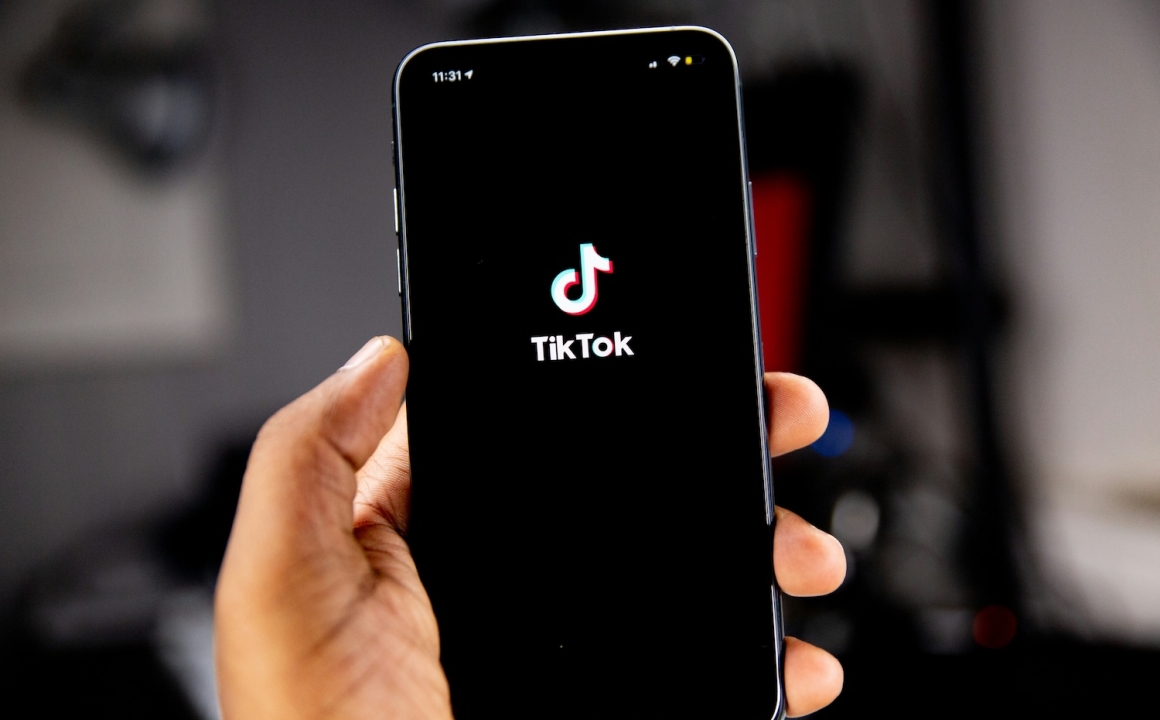TikTok Impact on Attention and Memory

TikTok has grown to be a leading social media platform globally, attracting millions of users with its brief and captivating video clips. In contrast to conventional social media that features a variety of content like text and longer videos, TikTok focuses on quick, engaging visuals and sound bites. Despite keeping users engaged, there are increasing worries about TikTok’s potential effects on cognitive functions such as attention and memory. This post investigates how TikTok’s distinct format could impact attention and memory, examining how regular consumption of brief video content might alter cognitive processes.
The Neuroscience of Attention and Memory
Attention and memory are essential cognitive functions enabling individuals to concentrate on tasks and keep information for extended periods. In a digital environment full of continuous stimuli, these procedures meet unique obstacles. Hollis and Was (2016) suggest that the rise of digital distractions results in more frequent instances of losing control and mind-wandering, especially in settings that demand continuous attention, such as online education. As attention is divided across multiple stimuli, the brain's capacity for deep processing decreases, leading to a negative effect on memory retention. This indicates that TikTok's fast-paced, visually appealing style could be a factor in causing these difficulties, strengthening the presence of divided focus and limited information analysis.
TikTok’s Structure and Its Potential Effects on Cognitive Processing
TikTok’s success lies in its ability to capture and hold attention with minimal cognitive effort, but this comes at a cost to sustained attention. Research by Paltaratskaya (2023) highlights that short-form video applications (SVAs) increase cognitive load, making it difficult for users to process information deeply. As users scroll rapidly from one video to the next, the brain learns to expect quick, high-reward stimuli, which conditions it to favor brief attention bursts over sustained concentration. This type of cognitive engagement can impair users’ ability for tasks that require prolonged focus, as the brain becomes attuned to processing in short, fragmented bursts.
TikTok’s algorithm is designed to maximize engagement by tailoring content to user preferences, which stimulates dopamine release—a neurotransmitter associated with reward and pleasure. Medrano (2022) explores the relationship between social media use, reward sensitivity, and anxiety, noting that dopamine-driven interactions on platforms like TikTok reinforce repeated engagement and, at times, compulsive use. This dopamine response creates a feedback loop, where users are encouraged to continue watching for the next “rewarding” video, potentially leading to addiction-like behavior. As dopamine release becomes associated with rapid, easily accessible content, users may find it increasingly difficult to focus on tasks without immediate gratification.
The Long-Term Impact on Attention and Memory
The long-term cognitive effects of social media usage, particularly on platforms like TikTok, are beginning to emerge. Firth, Torous, and Firth (2020) discuss how prolonged internet and social media use can alter attention and memory processes, affecting the brain’s ability to maintain focus over extended periods. This is especially relevant for TikTok users, who are consistently exposed to quick, dopamine-fueled content that may reduce the brain’s capacity for deeper cognitive engagement. Over time, these changes could make it harder for users to concentrate on tasks that require sustained attention, as the brain becomes conditioned to expect and prefer brief content bursts.
Implications for Mental Health and Daily Life
The cognitive shifts prompted by TikTok may have broader implications for mental health and daily life. While social media offers connection and information, studies suggest that it can also exacerbate anxiety, change self-esteem, and reduce productivity. Zsila and Reyes (2023) examine the mental health impacts of social media, emphasizing the importance of balancing digital use to mitigate negative effects. As TikTok users adapt to the platform’s quick-hit content style, they may experience difficulty in areas of life that require deeper focus, such as academic work or personal relationships. Strategies such as screen time limits and regular breaks may help users maintain cognitive health while engaging with digital content.
In conclusion, while TikTok’s engaging and dynamic content can be entertaining and informative, it presents cognitive challenges, particularly in terms of attention and memory. As the platform conditions the brain to expect quick, high-reward interactions, it risks reshaping cognitive habits, potentially leading to difficulties in sustaining attention and retaining information. Understanding these impacts is crucial as social media continues to shape cognitive and mental health outcomes for individuals worldwide.
References
Firth, J. A., Torous, J., & Firth, J. (2020). Exploring the impact of internet use on memory and attention processes. International Journal of Environmental Research and Public Health, 17(24), 9481. https://doi.org/10.3390/ijerph17249481
Hollis, R. B., & Was, C. A. (2016). Mind wandering, control failures, and social media distractions in online learning. Learning and Instruction, 42, 104–112. https://doi.org/10.1016/j.learninstruc.2016.01.007
Medrano, V. (2022). The effects of social media on anxiety, reward sensitivity, and risk-taking on emerging adults. Unpublished doctoral dissertation.
Paltaratskaya, V. (2023). Informing current models of time perception by looking at cognitive load during the use of short form video applications (SVAs). Doctoral dissertation, University of Illinois at Urbana-Champaign.
Zsila, Á., & Reyes, M. E. S. (2023). Pros & cons: Impacts of social media on mental health. BMC Psychology, 11(1), 201. https://doi.org/10.1186/s40359-023-01030-7

